1. That ’70s Show
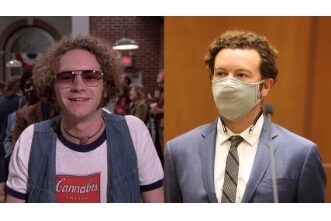
That ’70s Show ended long before Danny Masterson faced criminal charges, but his 2023 conviction for sexual assault forced a reevaluation of the show and its cast. Masterson’s sentencing to 30 years to life reintroduced serious controversy around the beloved ensemble and brought renewed scrutiny on the culture behind the scenes. Though the show continued without him before its finale in 2006, public reckoning in the #MeToo era reframed its legacy. Viewers and critics now often view the series through a lens shaped by Masterson’s crimes, complicating the fond memories with renewed awareness and caution.
2. 8 Simple Rules
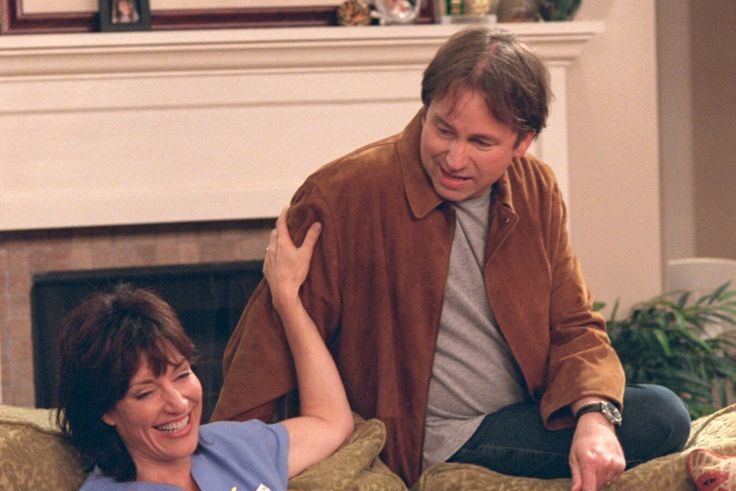
When John Ritter collapsed and died on set in September 2003, just before filming Season 2, “8 Simple Rules” immediately shut down and mourned his loss in real time. ABC eventually chose to resume the show, airing the three completed episodes with tribute intros, then returning two months later with a heartfelt hour‑long episode titled “Goodbye” that addressed the death of Ritter’s character, Paul Hennessy. That special episode broke sitcom norms: it was filmed without a laugh track, letting the cast grieve authentically and the audience absorb the emotional weight. Following episodes shifted the focus to Katey Sagal’s character raising three kids as a widow, with James Garner, Suzanne Pleshette and David Spade joining to fill the ensemble. Though ratings spiked around the tribute, the tone had shifted permanently, and the show declined and ended after a third season in 2005.
3. Cheers
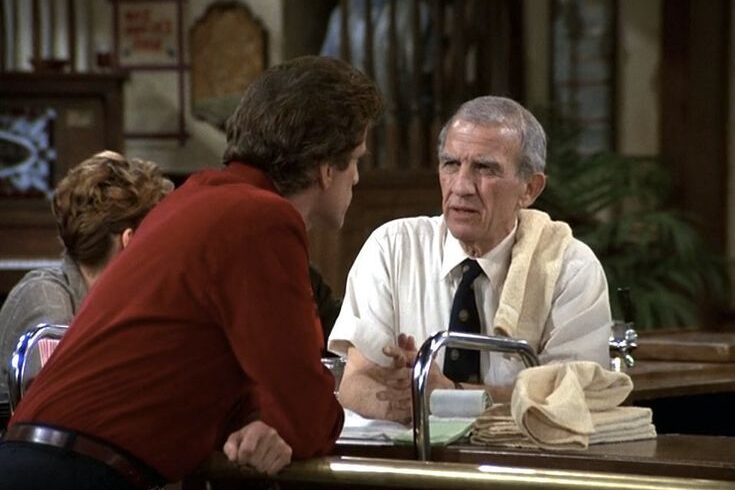
When Nicholas Colasanto (Coach) passed away during Season 3, the show faced a deep loss: he was a beloved, quiet presence among the bar regulars. Rather than replace the character, producers introduced Woody Harrelson’s character asWoody Boyd, a new bartender whose naive energy brought a fresh dynamic to the ensemble and helped the show endure. The tone of “Cheers” subtly shifted – the mournfulness of losing Coach was honored quietly, then the show pivoted to Woody’s quirky innocence. This change revitalized “Cheers,” helping it continue successfully for several more seasons and solidifying Harrelson as a breakout star.
4. The Royal Family
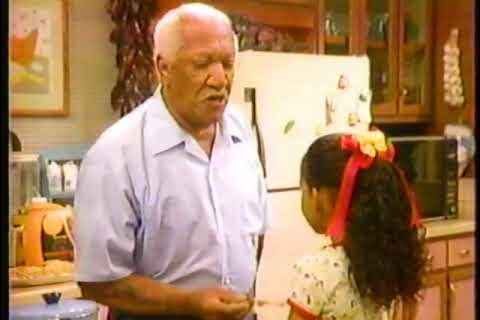
CBS’s 1991 sitcom The Royal Family, built around comedy legend Redd Foxx, seemed promising until Foxx suffered a heart attack while rehearsing and died on set just seven episodes into the run. Initially, the show attempted to continue, retooling the family dynamic and adding Jackée Harry, but Foxx’s presence was irreplaceable. Ratings dropped sharply after his death, and CBS canceled the series within the same season. What had once been a comeback vehicle ended abruptly, showing how central Foxx’s star power and comedic timing had been to the show’s identity.
5. NewsRadio
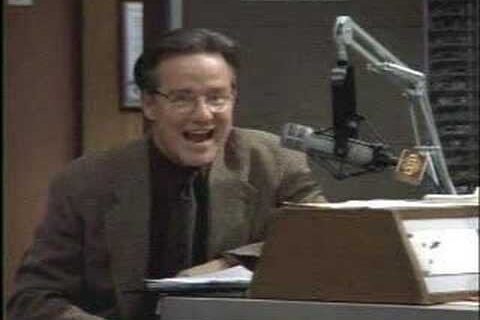
In 1998, NewsRadio lost Phil Hartman, in real life murdered by his wife, just as the show was gaining momentum at season 5. Hartman’s character was a key comedic pillar; after his death, the series tried to continue. His character Bill McNeal died offscreen, and Jon Lovitz’s Max replaced him but the humor and team chemistry never fully recovered. The tone shifted from sharp ensemble comedy to something tinged with sadness. The cast and writers struggled to move forward, and the sitcom ended the following year. It never regained its earlier spark, marking a tragic end to a beloved workplace comedy.
6. Glee
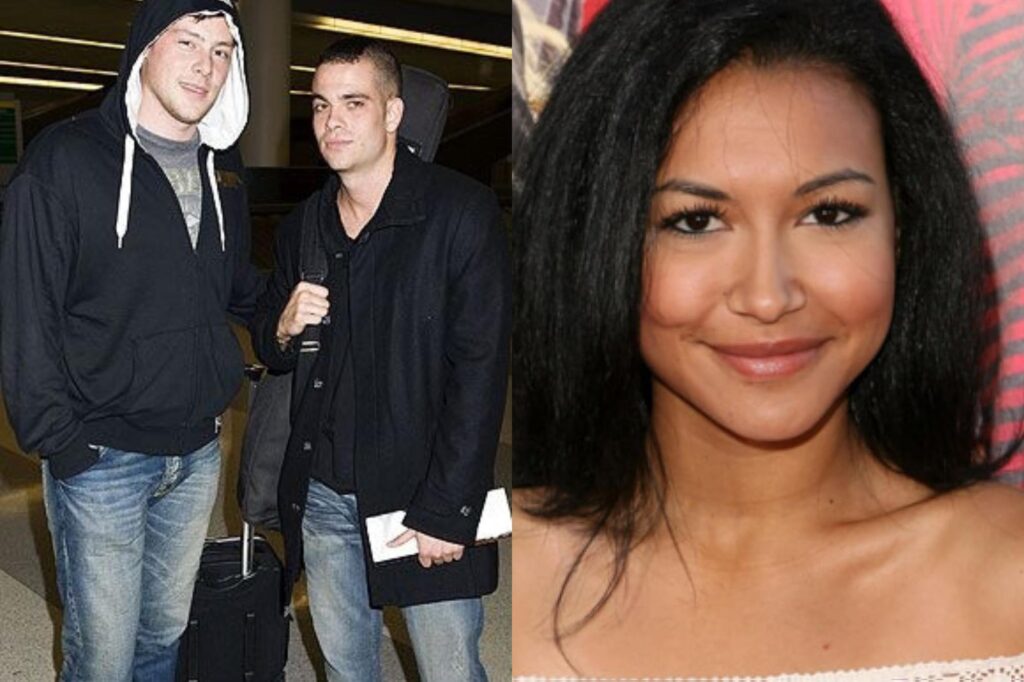
Glee was a cultural phenomenon celebrated for its music, inclusion, and youthful storytelling, but the show’s legacy became deeply affected by the tragic deaths of cast members Cory Monteith and Mark Salling (and later Naya Rivera off‑screen), as well as crew members. Monteith’s overdose in 2013 shook the cast; co‑creator Ryan Murphy described it as akin to losing a child. Salling’s later misconduct and suicide cast a long shadow over the show’s message of acceptance and joy. While Glee ended in 2015, its later perception is now intertwined with these losses. Fans and critics often reflect on how behind-the-scenes tragedy dulled the show’s musical optimism. Its cultural impact, especially for LGBTQ+ representation and high school empowerment, remains significant, but always viewed through a lens shaped by pain and controversy.
7. Diff’rent Strokes
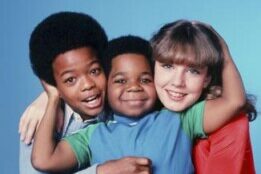
After Diff’rent Strokes ended in 1986, its young stars, Gary Coleman, Todd Bridges, and Dana Plato, experienced deeply troubled post‑show lives. Coleman faced financial disputes and bankruptcy despite his fame; Bridges battled addiction and legal issues before eventual recovery; Plato struggled with substance abuse and tragically died by suicide in 1999. Their personal crises cast a shadow over the once-heartwarming sitcom and created what tabloids dubbed the “Diff’rent Strokes curse”. Even decades later, the show is often remembered more for its tragic aftermath than its family-friendly humor. Documentaries like Gary bring these stories into focus, showing how early fame can spiral into mental health and addiction struggles. The show’s legacy is thus intertwined with the human cost behind the childhood stardom.
8. Two and a Half Men
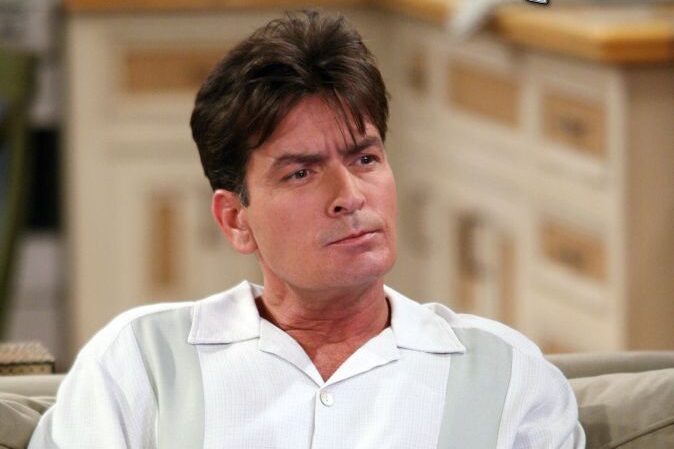
When Charlie Sheen was fired in March 2011 following public breakdowns and hostile comments toward creator Chuck Lorre, Two and a Half Men shifted dramatically. Warner Bros. terminated his contract due to “self‑destructive conduct” and set the show on hiatus. Ashton Kutcher’s Walden Schmidt replaced Sheen’s Charlie Harper, radically changing the central dynamic and overall tone. Audience reactions split: some fans appreciated Kutcher’s less raunchy, more earnest take, while others felt the show lost its bite and chemistry. Reddit threads capture the sentiment: “the show was already on the decline… the writers could not think of an arc for Charlie… The show lost its appeal… without his character”. Ratings dropped and by its end in 2015, Two and a Half Men felt fundamentally different, a hit rebooted but never quite the same.
9. The Cosby Show
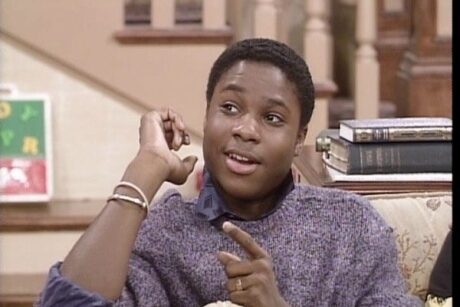
Though The Cosby Show remains a milestone in television history, celebrated for portraying a successful Black family and uplifting representation, it has since become deeply complicated. Bill Cosby’s legal troubles and sexual assault allegations irreversibly tarnished the show’s legacy. Many critics and fans now view the series with a sense of disillusionment despite its groundbreaking appeal. Malcolm-Jamal Warner, who played Theo Huxtable, commented on the nuanced fallout: while he acknowledged how the show’s legacy was “tarnished” by Cosby’s actions, he also continued to defend its cultural significance and the mentorship Cosby once offered. Warner maintained pride in the show’s impact, especially within the Black community, even as public perception shifted. Also, RIP to Malcolm-Jamal Warner who passed recently.
10. Fresh Prince

When Janet Hubert exited The Fresh Prince of Bel‑Air after Season 3 amidst personal turmoil, NBC recast Aunt Viv with Daphne Maxwell Reid. Hubert later revealed she struggled with pregnancy, an abusive marriage, and an imposed contract cut, not unprofessional misconduct as widely portrayed. The switch in actresses marked a turning point in the show’s chemistry and storytelling. Viewers noted the shift immediately: Hubert’s Aunt Viv was a strong, vibrant character with a professional life, while Reid’s portrayal became more subdued and background. Their 2020 reunion on HBO Max marked a healing moment: Smith and Hubert reconciled emotionally, acknowledging mistakes on both sides. Smith admitted he underestimated Hubert’s contributions, and the pair embraced after decades of estrangement. This reconciliation brought some closure to a wound that had altered the show dramatically.
This story 10 Sitcoms That Changed Forever After Real-Life Tragedy was first published on DailyFETCH


